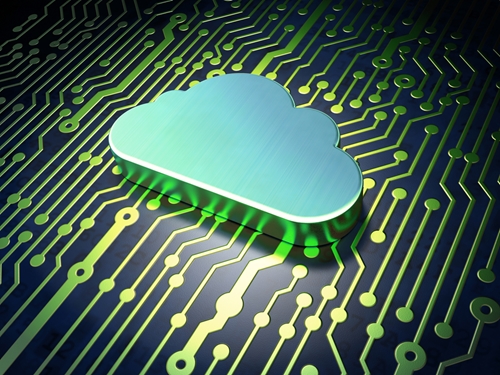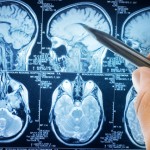EHRs and mobile devices help build collections of metadata
Electronic health records provide doctors and patients with a single location to find health patterns and analyze data. By fulfilling meaningful use requirements, some hospitals and physicians can see a larger picture in terms of EHRs. These health care systems in combination with mobile devices can provide data about specific populations and help the U.S. provide better social services.
A recent deal between IBM and Apple may be the start of a new era of health care. According to InformationWeek, the deal between enterprises includes the bundled selling of Apple devices and IBM services and software.
"The deal on its own merits is a game changer, but in healthcare we can use the mobile environment to reach the consumer, the patient, the member – and back into the enterprise," Dan Pelino, general manager of the Global Public Sector at IBM, told InformationWeek.
iOS 8 and Health
IBM and Apple will work to create health applications for mobile users. The businesses will combine Watson and Siri in order to provide physicians and patients with health data analysis from IBM's market-leading cognitive computer system. Apple's iOS 8 will contain an application called "Health," in which patients can record their vitals, diet and exercise routines and share this data directly, in real-time with their primary care physician. This partnership should cause the health industry to realize the full potential of EHRs as these devices utilize global positioning systems.
Standardization can help build more metadata
A problem in the EHR market right now is a lack of standardization. While ICD-10 compliance should ensure that data can be more easily shared between EHR programs, there needs to be a standard version of IBM and Apple's software and hardware. A report published by the Agency for Healthcare Research and Quality and prepared by JASON, an advisory group owned by the Mitre Corporation, suggests that patients and health care providers are in a position to choose the best implementation of EHR architecture for their needs. By utilizing public APIs and open standards, interfaces and protocols, physicians and clinicians can better collect and manage data, which then makes it easier to collect metadata and the context of this information.
The future of health care
The ARHQ report, "A Robust Health Data Infrastructure," stated that the use of EHRs and metadata can help the security of the nation. In times of crisis such as natural disasters or attacks, first responders can instantly view patient names, locations and medical histories of the area affected. It can also offer support to the U.S. Centers for Disease Control and Prevention. The CDC can identify outbreaks, spread patterns and those most likely to be affected, which will allow the CDC to make decisions faster and mitigate consequences. The report also stated that personal tragedies such as suicide and domestic violence can be better avoided by identifying communities with higher risks of mental illness by using EHRs and historical records. The collection of metadata can also mark communities that exhibit signs of obesity and allow local governments to provide healthier foods and recreational activities.
EHRs and mobile devices are here to stay in American society. By developing new forms of software, these programs can change the health care industry into a life care industry.



